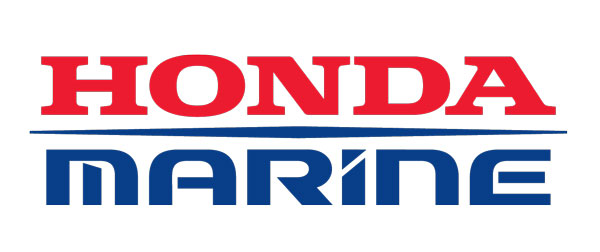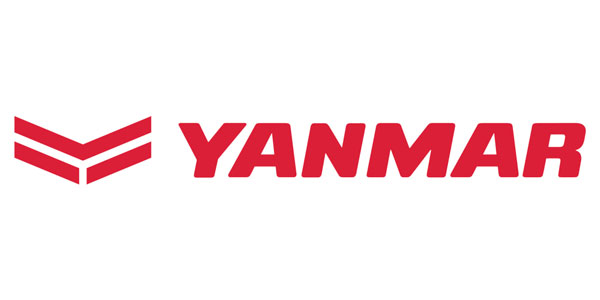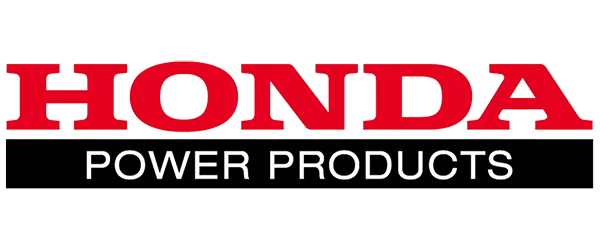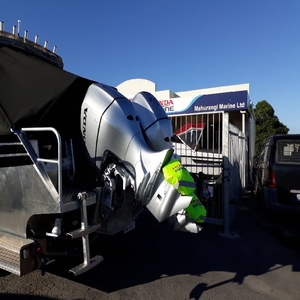Notice Board
SUMMER FUEL TIPS
STORING FUEL
When preparing to store a boat for extended periods (3 months or more) if the fuel cannot be drained from the tank completely, then it is recommended to fill the tank to the top and add a fuel stabiliser for stability and corrosion protection. A half full tank means that the warming and cooling air can produce water in the fuel via condensation. Fuel when stored for too long becomes heavier and leads to fouled spark plugs and higher fuel consumption. Blending in some fresh fuel should help.
DON’T RELY ON THE FUEL GAUGE
We have heard of some instances of customers running out of fuel. We thought we should remind everyone not to have an over reliance on fuel gauges on a boat. Unlike the automotive industry where thousands of fuel tanks and fuel sensor systems are engineered every day, the art of building boats is a far more manual and therefore is an imperfect science.
When you add in fuel evaporation, fuel pump variances, human error when entering data and the difficulty to get a boat tank perfectly flat when you fill at the service station or on the water, we recommend you take the following procedures to have a safe and fun summer on the water.
1. Be aware that boat fuel tanks are not as accurate as a car. Gauges are to be used as an indicator only and should never be 100% relied on down to the last litre.
2. We recommend for safety that you never run your boat when your instruments are telling you that you have less than 20% of your max fuel level on board. Don’t cut corners and risk running out of fuel at a critical moment.
3.Recognize that electronic / digital gauges require regular recalibration. To minimize risk, you should regularly check levels every 4th or 5th trip.
4. We suggest that you build in a 10% safety buffer. e.g., when setting your fuel tank size into an electronic gauge, reduce that capacity by 10% to give yourself some fuel buffer.
5. If using an electronic gauge, we recommend that you input your fuel data when the engine is running rather than at the petrol station. Electronic gauges may take a few minutes to “store” the fuel information that has been programmed so to minimize the chance of the gauge not registering the data, enter this data when the engine will be running for several minutes.
By taking these precautions you will have the peace of mind that you need on the water to always bring your crew home safely.
Honda Marine Outboards – the best behind you.
Should you wish to discuss the above, or your specific boating needs, please contact Wayne.
Talk to Wayne and the team about your boat repairs, outboard servicing or a repower email us or call 09 425 5806 now.




Mahurangi Marine
Call Us
09 425 5806
Find Us
330 Mahurangi East Road
Snells Beach
Auckland North
Open Hours
Monday - Friday
8am to 5:00pm
Saturday 8.30am to 12:30pm
Sunday Not open during winter
Contact Us
Message us via our contact form

